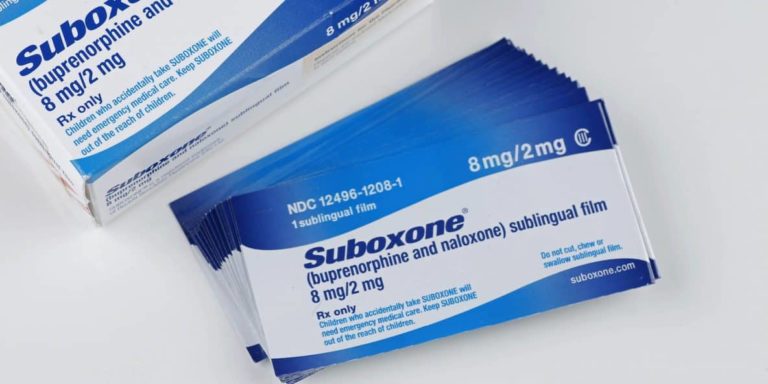Top 10 Major Crack Cocaine Withdrawal Symptoms You Should Be Aware Of
The effects of smoking crack cocaine are immediate and intense, but short-lived. This fleeting high, in combination with the drug’s drastic comedown, quickly produces a desire to use more and more of the substance. This creates a high potential for overdose.
Crack cocaine has a number of harmful side-effects, both short-term and long-term. In addition to typical detrimental effects of cocaine, such as increased body temperature, constricted blood vessels, increased heart rate and blood pressure, and risk of cardiac arrest and seizure, crack cocaine users may also experience acute respiratory issues, such as coughing, shortness of breath, and trauma to the lungs.
Crack Cocaine Withdrawal Symptoms
If an individual is addicted to crack cocaine, they will experience withdrawal symptoms if they attempt to abruptly quit using the drug. This is because the body has developed physical and psychological dependence. It is important to be aware of symptoms of withdrawal, as unsupervised withdrawal from drugs can be difficult to endure.
Top 10 Major Crack Cocaine Withdrawal Symptoms Include:
- Severe crack cocaine cravings
Cravings for crack cocaine will likely be one of the very first symptoms of withdrawal that an individual experiences, because for someone who is addicted, cravings often begin immediately after a drug begins to leave a person’s system. Cravings can grow increasingly more intense for a period of time, before eventually lessening and dissipating. However, this period of intense craving is when an individual is at the highest risk to use again.
- Extreme fatigue
Crack cocaine alters quality of sleep in a number of ways, including affecting the time it takes to fall asleep, the amount of deep sleep an individual gets, and the total amount of uninterrupted sleep. Early crack cocaine withdrawal symptoms can lead to extreme fatigue and a crash due to sleep deprivation.
- Anxiety
Anxiety is a common symptom of crack cocaine withdrawal. Many drug users rely on their drug of choice to escape feelings of anxiety and fear, and without the drugs, and with the added difficulties of withdrawing from crack cocaine, anxiety often comes up.
- Depression
Crack cocaine seriously disrupts the brain’s natural flow of dopamine. One of the first symptoms of withdrawal from crack cocaine begins in the comedown, when users often experience intense feelings of hopelessness or depression.
- Irritability
Irritability and feelings of agitation are common in crack cocaine withdrawal, particularly while experiencing other symptoms such as intense drug cravings, or physical and emotional pain.
- Nightmares
Researchers are still working to understand the correlation between nightmares and drug withdrawal, as it is a common occurrence. Emotional distress can contribute to this, and many individuals who have withdrawn from drugs report having dreams in which they relapse or are using drugs again.
- Psychosis
One study states, “The use of cocaine in the “crack” form is often associated with more frequent and intense symptoms. Paranoia occurs in 68% to 84% of patients using cocaine. Cocaine-related violent behaviors occur in as many as 55% of patients with cocaine-induced psychiatric symptoms. Homicide has also been associated with cocaine use in as many as 31% of homicide victims. In suicide, cocaine has been found to be present in as high as 18% to 22% of cases. Many patients with cocaine dependence have also been found to have a comorbid psychiatric disorder.” These psychiatric symptoms can present either during active addiction, when withdrawing, or both.
- Increased appetite
Crack cocaine use can seriously impact appetite and digestion, and many users of crack cocaine are malnourished. When withdrawing, increased appetite is common, and eventually balances out.
- Aches and pains
Aches and pains such as joint pain and muscle pain are common, and can range from mild pain to severe pain, depending on the individual and whether they quit a drug cold turkey or weaned off slowly.
- Trouble focusing
Crack cocaine use significantly impacts cognitive function, and those effects may be amplified while going through withdrawal, as withdrawing from crack cocaine impacts a person physically, emotionally, and mentally. Difficulty focusing may be a lingering symptom, but will likely improve over time.
We Can Help— Call Us Today
If you or a loved one is seeking medical detox or rehab for addiction, we can help guide you through the process! Our highly-trained therapeutic and clinical experts at Oasis Recovery offer a safe and comfortable space for clients to undergo addiction treatment. Our team of medical experts offers a wide range of services and amenities that are tailored to meet your particular needs. Reach out to an addiction specialist today to learn more about how we can help you navigate the road to recovery.










